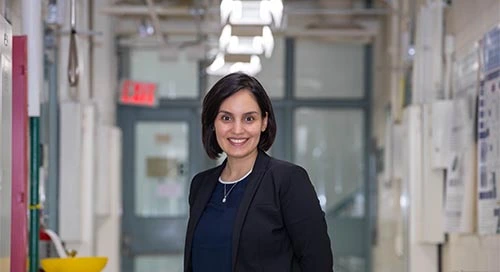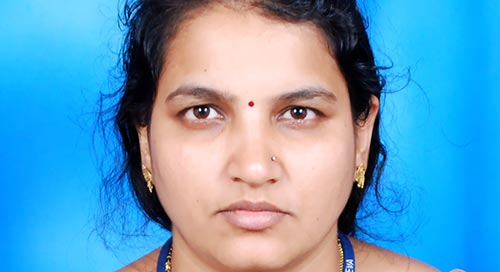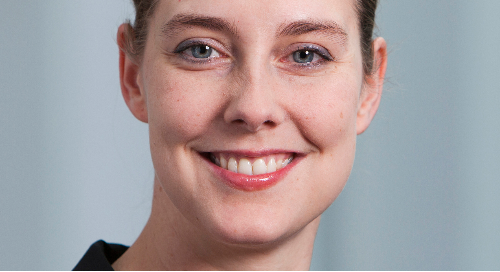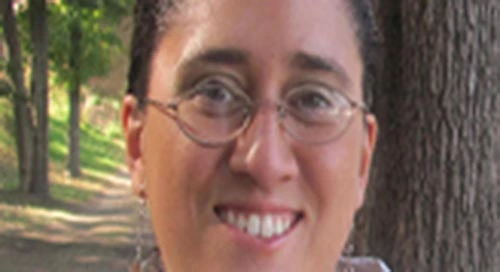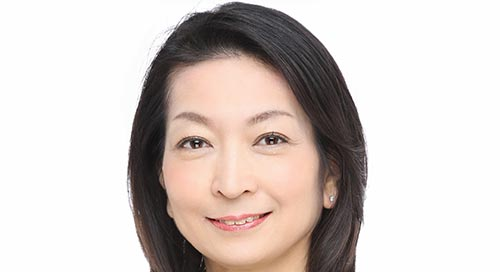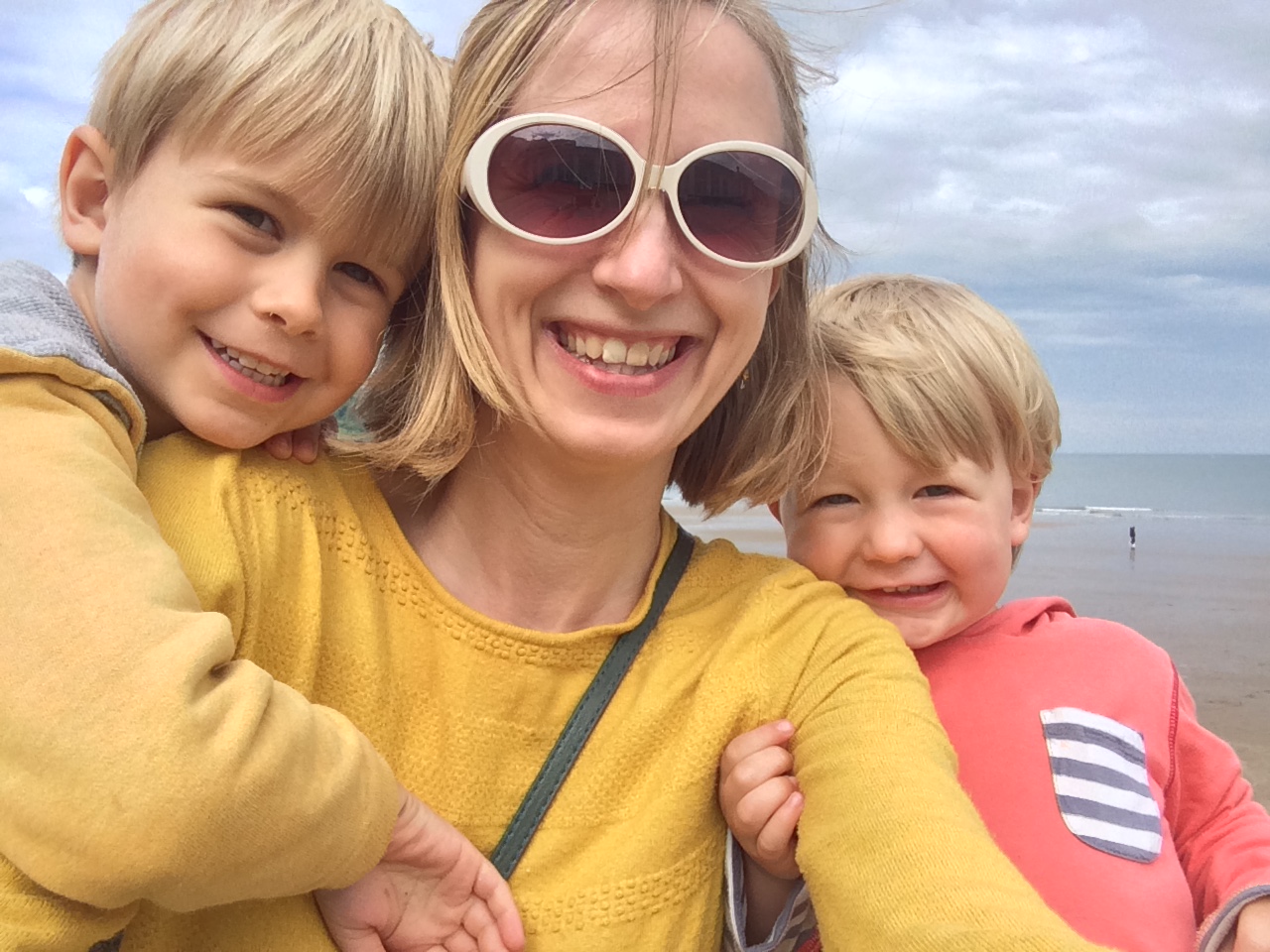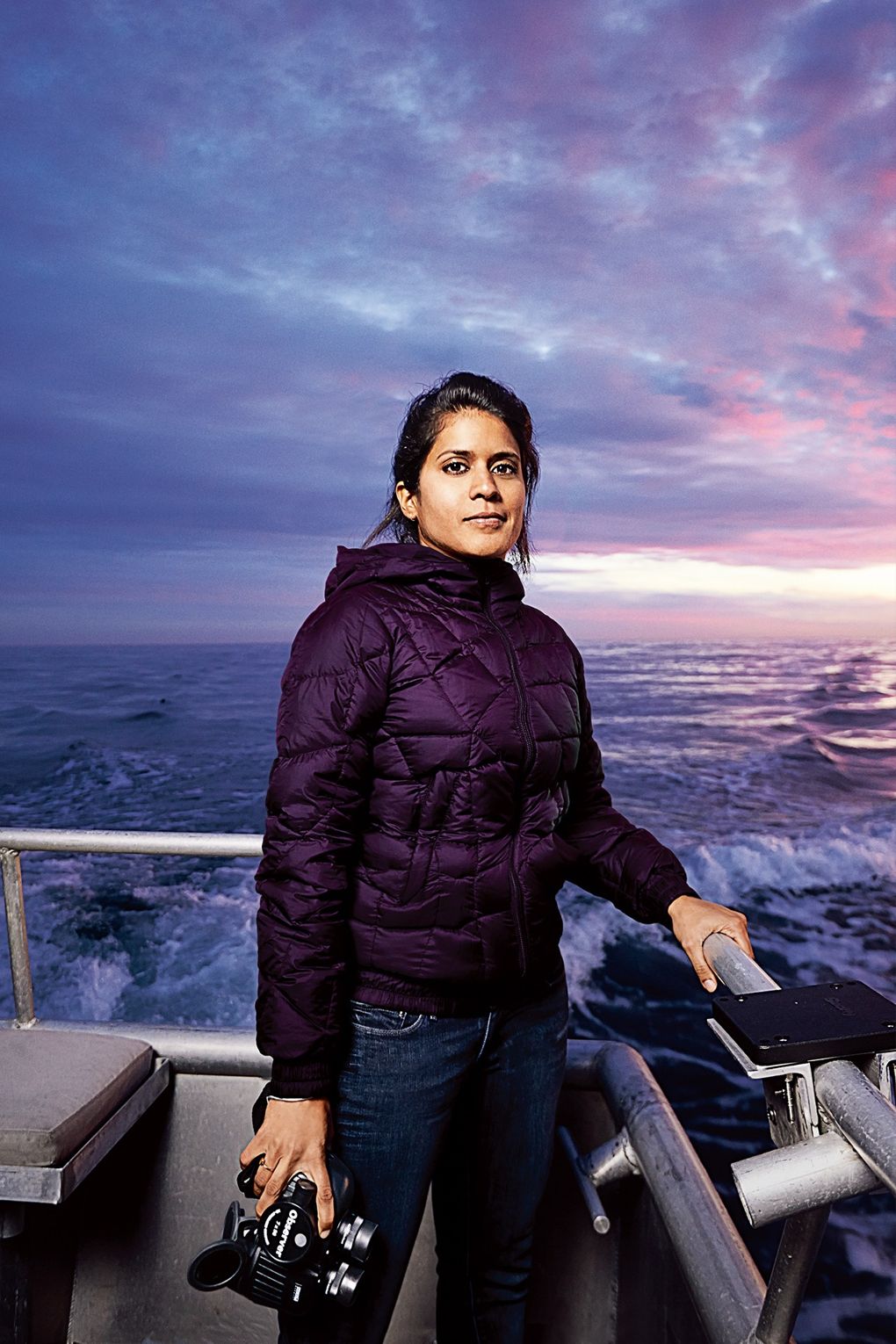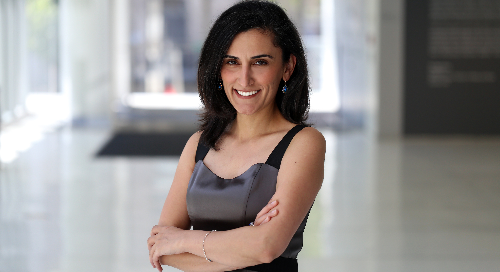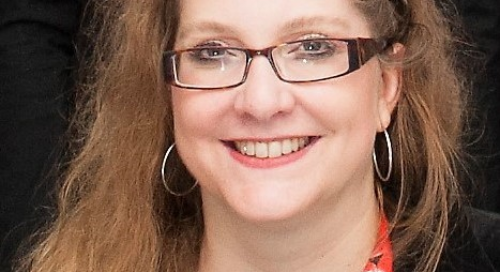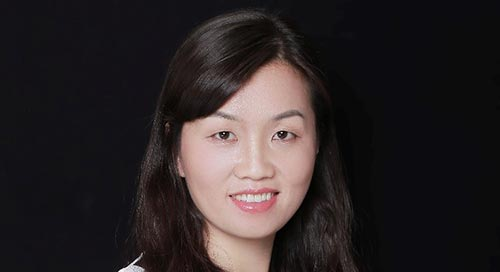creating-healthier-societies-meet-this-years-aspire-prize-nominees-part-2
August 07, 2018
Last week, here on The Wiley Network, we introduced you to a few of the nominees for the ASPIRE prize for young scientists and asked them to share their thoughts on what inspires their work and how it supports this year’s theme of “Smart Technologies for Healthy Societies.” Below we hear from a few more of the nominees to learn how their research is creating a better world.
Here at Wiley we’re proud to be co-sponsor of this annual prize, which rewards research excellence and cooperation with scientists from other APEC economies. Check back next week to learn more about the annual ASPIRE prize ceremony in Papua New Guinea.
Nominated by Korea, Dr. Choongik Kim researches and develops novel electric materials for use in wearable devices, including activity monitor bracelets, smart watches, and GPS enabled shoes. In 2007, as published in Science, he was the first to expand upon the relationship between electric materials and electronic device performance. His peer reviewed scholarly publications include articles in Angewandte Chemie and Advanced Electronic Materials among others. His research is used to develop the core technology for new wearable technologies, leading to more real-time applications that can support meaningful improvements to health outcomes.
Q. What impact are you hoping to make with your work?
A. I hope to develop a scientific technology to help humanity. For instance, my research on wearable electronics could provide high-quality, low-cost diagnostics (e.g. for blood pressure, sugar level, disease) in low-resource settings.
Q. Why is creating healthier societies important to you?
A. In history, scientists have made a great contribution to humanity (e.g. the discovery of penicillin by Fleming, the development of polio vaccine by Salk, etc).
I believe that science should coexist with society, by fostering a greater connection with society and solving challenges to create healthy societies.
 Nominated by the United States, Dr. Kara Spiller focuses her research on the design of “smart” biomaterials that can control the behavior of immune cells to promote tissue repair and wound healing. She has developed a point-of-care diagnostic to tailor optimal treatment for patients based on the state of their immune systems according to factors such as age, genetics, and nutrition. She has published in numerous scholarly journals including Journal of Biomedical Materials Research and Journal of Tissue Engineering and Regenerative Medicine.
Nominated by the United States, Dr. Kara Spiller focuses her research on the design of “smart” biomaterials that can control the behavior of immune cells to promote tissue repair and wound healing. She has developed a point-of-care diagnostic to tailor optimal treatment for patients based on the state of their immune systems according to factors such as age, genetics, and nutrition. She has published in numerous scholarly journals including Journal of Biomedical Materials Research and Journal of Tissue Engineering and Regenerative Medicine.
Q. Why is creating healthier societies important to you?
A. I believe that creating healthier societies through biomedical engineering will also make the world a more peaceful place by lifting economies.
Q. How and why did you enter this field of research?
A. I develop technologies to modulate the immune system because that’s how the body naturally heals itself when everything is working properly. The more researchers I meet who study the body’s response to injury or disease, the more fascinated I become with the immune system.
Nominated by Chile, Dr. Pablo González Muñoz studies the virus herpes simplex-2 (HSV-2), a virus that currently affects about 500
million people for which a vaccine is not available. Dr. González has worked with at least five human pathogens and published in numerous journals. Through his research, he has developed a fast, affordable, and easy-to-use diagnostic kit to detect viral infections for different tissues that can be used in rural areas.
Q. What impact are you hoping to make with your work?
A. I hope that my work helps people around the world to live better lives, by preventing, treating and identifying, in a timely manner, infections produced by pathogens that cause disease and complications in the human population. Specifically, I hope that my research at the P. Universidad Católica de Chile and the Millennium Institute on Immunology and Immunotherapy, an Excellence Research Center based in Chile, translates into new therapeutics, vaccines and diagnostics against herpes viruses which affect hundreds of millions of people worldwide.
Q. Why is creating healthier societies important to you?
A. I believe that a healthier society is key for its overall happiness. Preventing and resolving health issues allows people to better dedicate their time, effort end energy into personal and family development, which builds a better society. Health and society development are tightly interrelated.
 Nominated by Thailand, Dr. Wanpracha Art Chaovalitwongse focuses his research on data analytics in medical and healthcare applications, especially in analyzing brain activity to predict and monitor epilepsy. Through his work, he has developed solutions for problems caused by attention deficit/hyperactivity disorder, Alzheimer’s disease, Parkinson’s disease, non-small cell lung cancer, sarcoma, and esophageal cancer and has published in many scholarly publications.
Nominated by Thailand, Dr. Wanpracha Art Chaovalitwongse focuses his research on data analytics in medical and healthcare applications, especially in analyzing brain activity to predict and monitor epilepsy. Through his work, he has developed solutions for problems caused by attention deficit/hyperactivity disorder, Alzheimer’s disease, Parkinson’s disease, non-small cell lung cancer, sarcoma, and esophageal cancer and has published in many scholarly publications.
Q. What impact are you hoping to make with your work?
A. I am hoping to advance research and technology to promote health and well-being, and one day the outcome of my work will result in tools or devices that can better the quality of lives of people around the world.
Q. How and why did you enter this field of research?
A. My PhD advisor worked on a project related to epilepsy and the team needed an expertise in data analytics and optimization. I was asked to watch VHS tapes of patients who suffered from seizures and sit in the exam room to listen to all kinds of issues epilepsy patients have. Since then, I have always looked at health research problems as my personal problems.



